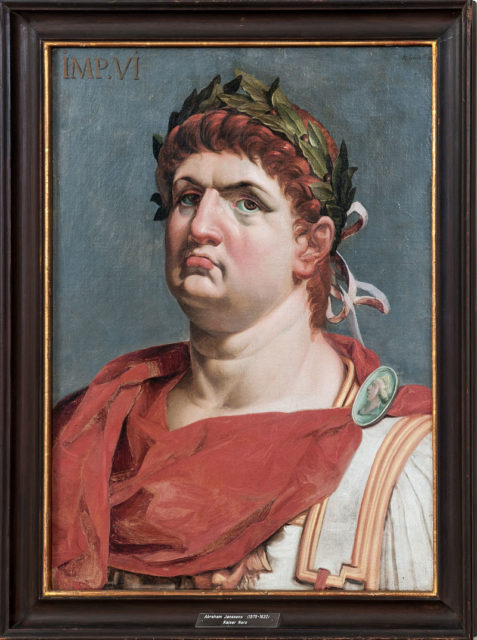Throughout history, various cultures had different attitudes toward suicide. For instance, in Victorian England suicide was a sin and a punishable crime: suicides were not allowed a proper burial and their property was confiscated by the state.
In some Asian cultures, particularly in Japan, ritual suicides were sometimes considered honorable. High-ranking officials would often commit suicide after a particularly devastating mistake, in order to die with dignity and escape public disgrace.

Ancient Greece and Rome both had pretty lenient attitudes towards suicide. Ancient Roman civilization had a somewhat progressive approach which in some way resembled euthanasia. In Rome, suicide was not considered a crime or a sin against gods, and in some cases, it was deemed justifiable and pragmatic.
The famous Roman historian Titus Livius, known as Livy, wrote, “Ab Urbe Condita Libri” (“Books from the Foundation of the City”), books that proved to be the essential insight into Roman traditions. In one of his works, Titus Livy wrote about the Roman attitude towards suicide.
If someone wished to willingly end their life within the borders of the Roman Empire, they were to apply to the Senate so that the Senate could judge whether their reasons for suicide were sound. If the reasons were considered sound, the person would be allowed to commit suicide. They would even be provided with hemlock, a highly poisonous plant, free of charge.

However, suicide was explicitly illegal for soldiers, slaves, and people accused of capital crimes. These suicides were forbidden because it was deemed they would cause damage to the state. Slaves were considered property, and their masters had to ensure that they live in favorable conditions. Still, when slaves committed suicide, there were no repercussions for their masters.
Those accused of capital crimes were forbidden to commit suicide because the state could take no legal action against their property before they were found guilty, but many prisoners did commit suicide before the trial just so that the state wouldn’t seize the property they left behind. In the 1st century AD, however, Emperor Domitian declared that prisoners who died without trial were without legal heirs.
Soldiers who committed suicide were publicly disgraced and proclaimed either traitors or deserters. This also meant that everything they left behind belonged to the Emperor. On the other hand, soldiers were encouraged to kill themselves if they were cornered by enemies on the battlefield. This form of suicide was considered honorable and patriotic because it showed that the soldiers would rather be killed than fall into the hands of their enemies.
In some cases, suicide was used as a particularly cruel form of capital punishment. Seneca, the famous stoic philosopher, was forced to commit suicide because of his alleged involvement in the conspiracy to kill Emperor Nero in 65 AD.
Read another story from us: In Ancient Rome flaming war pigs were used to counter elephants
Although his guilt was never proven and most contemporary historians doubt that he was ever involved, Seneca obeyed the laws and killed himself by both cutting his wrists and ingesting a powerful poison.
